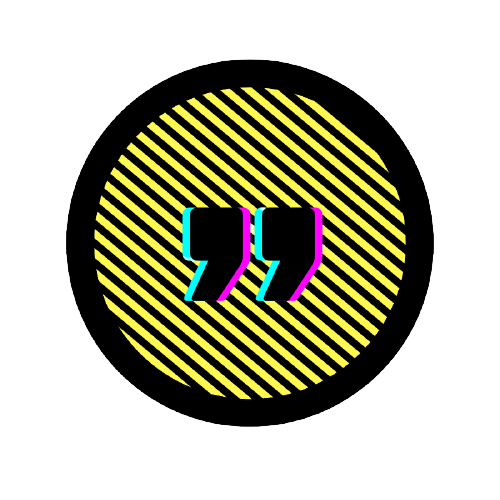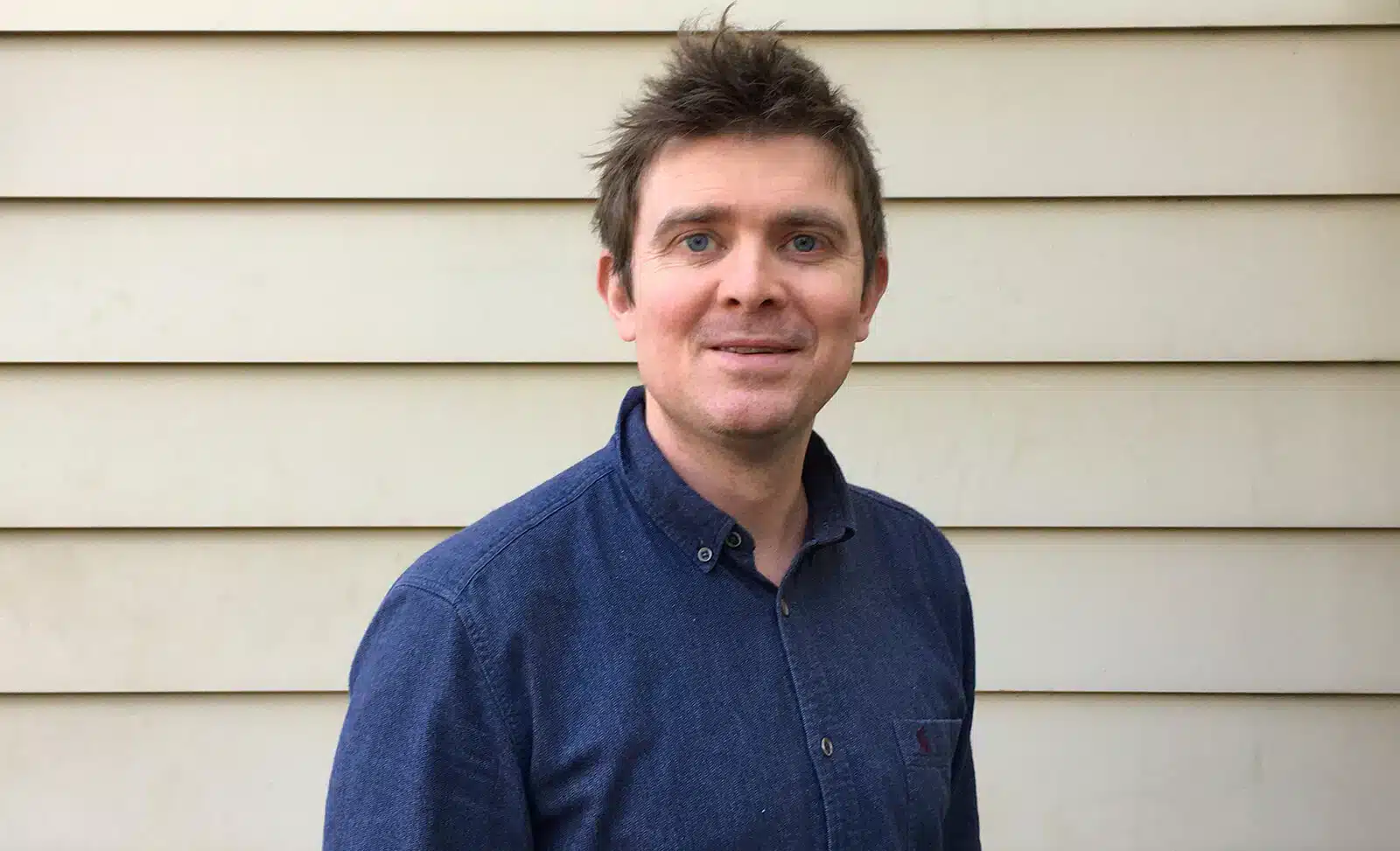In September 2018, a digital magazine appeared in New York aimed at transfiguring and naturalizing urgent and necessary issues that are almost always treated as taboos or targets for misinformation or damage.
Presenting complex issues related to the political, social, and anthropological universe of legal and illegal drugs objectively, sensibly, and sensitively, Filter has gained respect and admiration among the public and her peers.
With an approach between depth and pop didactics and always based on human rights, Filter can be perceived as’ purifying’ and bringing to trial and maturity issues that are most of the time marginalized in the press. This direction has much to do with the paradigms and personal qualities of its editor, Will Godfrey, who spoke with us and told us the whole story.
~ Filter magazine transits virtuously between humanitarian activism and the practice of excellent opinion journalism. Tell us a little bit about the magazine’s origins and trajectory until today. What is Filter’s story?
WG: Filter evolved from some past harm reduction-oriented publications that I founded and ran, but which were owned by interests in the abstinence-based addiction treatment industry, creating natural conflicts. A group of us decided that a nonprofit model would better fit a mission-driven publication, so we formed The Influence Foundation in 2017. Its mission is to advocate through journalism for rational and compassionate approaches to drug use, drug policy and human rights.
The Influence Foundation began fundraising and then launched Filter in September 2018. Since then, we’ve published a diverse body of work, and been positively received in the harm reduction community and well beyond. We’ve seen both our readership and our recognition in other media grow rapidly, and I’m proud of our impact so far. But this is only the beginning.
~ The magazine’s sections are divided with an exciting sum of categories, which gives the reader an idea of complementarity, of sum, of subjects that cannot be understood in isolation. How did structuring the magazine with this multidisciplinary focus come about? And how does content selection work?
WG: Our core subject is drugs, but drug issues never occur in a vacuum. It is impossible to cover drug policy meaningfully, for example, without also centering areas like incarceration, racism and inequality, housing, policing, mental health and much more. Similarly, the marginalized population groups who suffer the worst impacts of hostile, targeted drug policies and related abuses have to be at the forefront of our coverage.
So we’re always willing to step away from drugs to cover intersecting areas. At the same time, we’ll stay anchored in drugs to maintain the specialization and harm reduction sensibility that make our publication unique. Although many harms are associated with drugs, most of them derive from the contexts of use inflicted by societal stigma and punitive policies. Most people who use drugs do so without experiencing problems, and much drug use is beneficial. We refuse to be part of the knee-jerk negativity about drugs that’s still pervasive in media and political circles.
~ How is the Filter’s relationship with the authors? It is noticed that there are always new authors, and many publish with some frequency. How does this dynamic work? Are the themes proposed by the authors themselves or commissioned by the magazine?
WG: I love working with our writers, who have a wide variety of personalities, interests and strongly held opinions! They range from directly impacted people who have never written for an audience before but have powerful personal stories to tell; to advocates, researchers, clinicians or other experts who can share their knowledge and perspectives; to investigative reporters whose work shines light on our subjects and platforms other important voices. That’s the kind of mix we want, although we’re constantly seeking to expand and diversify our contributor list. Different people require different levels of editing, but I always work as collaboratively as I can within our time-constraints. Above all, I’m grateful to everyone who writes for us.
Idea-generation happens organically and flexibly. Writers frequently come to us with their own ideas, which we often help them to develop or adapt. We regularly generate ideas in-house too, which we might assign to others or take on ourselves. So it’s a two-way street. I think we can come up with a much better, more representative range of stories by listening to hundreds of allies and contributors than we can by trying to generate all of our ideas internally.
~ Who is Filter’s readership? And what links are established with this public or with the community?
WG: English-speaking countries are overrepresented in our readership, which is why we’re delighted when publications like yours translate our work and republish it for new audiences. About 75 percent of our current readership is in the US, although we hope that a number of international projects and connections will broaden our reach.
We consider ourselves part of the harm reduction movement to which many of our readers belong. It’s a close-knit community, and many of our stories are generated in partnership with advocacy organizations and our other allies. I love it when our articles prompt productive debates, change people’s minds, or are cited in “real-life” scenarios from court briefs to policy platforms.
~ We know the enormous challenge of achieving the sustainability of an independent journalistic project, especially one that deals with complex and practically outsider topics of the traditional media. In recent years, we have seen several newspapers and magazines pushed forward by the reader’s affection. Has the reading public contributed to the project? How has Filter managed to support itself?
WG: People contribute to Filter just by reading it, and all the more so by publicly sharing and discussing our work. Financially, too, we have received an increasing number of generous donations from our readers.
The bulk of our funding comes from grants from both nonprofit human rights foundations and for-profit companies. We’ve always been transparent that these include both vaping and tobacco companies. To some, that invalidates our work. Most, I hope, will judge us on the merits of what we publish. Our organization has editorial independence and donor transparency policies, and if I ever believed that an article didn’t make a legitimate case or was commercially motivated, I wouldn’t publish it.
~ How do you perceive the circulation of information on harm reduction in general and in relation to smoking in particular in your country? Have we made any progress in recent years? Do we have the same problems and challenges? Or are we in a different scenario?
WG: In the US, where I’ve lived for the past 10 years, I’ve seen a real mixture of significant progress and stubborn obstacles. The US is the most incarcerated nation on earth and the primary driver of the global drug war. Those injustices will take a huge amount of work to heal. The recent presidential election result and specific drug policy reform wins will move the dial favorably, but at the same time, nowhere near far enough. Luckily, the US is also home to vibrant, growing movements for change that have achieved, and can achieve, great things.
In England, where I’m from, harm reduction sometimes enjoys a better landscape, and abstinence-only attitudes are less entrenched—the UK’s vaping policies, in particular, are among the world’s best. But we have many problems all the same, with drug prohibition and other abuses ongoing.
“SOME PEOPLE ARE SWITCHING FROM VAPING TO SMOKING DUE TO DISTORTIONS FROM PUBLIC HEALTH AUTHORITIES AND OTHERS.»
~ 2019 was the year of a false vaping epidemic, with the disastrous distribution to the world of all the false information that the numerous cases of serious lung injury (EVALI) that led many consumers to hospital admission and even death were related to electronic cigarettes for or nicotine consumption. How have you experienced this situation within the US, and how do you see the role of the CDC and FDA today?
WG: EVALI was a public messaging disaster—or perhaps a success, per the intentions of those responsible. A lot of people and organizations are just waiting to attack vaping at any opportunity—we saw it again more recently, with the unsubstantiated assumptions that vaping was a risk factor for COVID-19.
It’s unconscionable when smoking kills millions every year worldwide and when vaping has the potential to save more lives than any other harm reduction intervention. Some people are switching from vaping back to smoking because of the distortions of public health authorities and others.
One thing I notice is that when I mention my work to people I meet—not harm reductionists, just people I encounter in my general life—they tend to be enthusiastic about drug policy reform and other issues we cover. But the attitude tends to change if I bring up vaping. Isn’t that really bad? The kids are all doing that now. That’s one anecdotal reflection of the power of anti-vaping messaging in the US.
And of course, the people who are dying of smoking-related causes—almost half a million a year in the US, disproportionately of marginalized, low-income backgrounds—don’t get platformed and are completely abandoned by the disingenuous teen–vaping-epidemic narrative.
~ What are the projects for Filter in the future? How do you see the development of the magazine?
WG: Right now, we’re mainly trying to continue and accelerate our early growth, in terms of readership, impact, standards, and the number and breadth of articles we publish. We’re just now expanding our small in-house team to try to do that. We also hope to engage increasingly with in-depth projects, in-person advocacy and multimedia projects like video production. We seek to be a harm reduction hub, supporting the movement and helping it to grow.
~ Who is Will Godfrey?
WG: I’m someone who’s lucky to do work that I care deeply about. I’m a parent juggling school closures and other challenges, like so many others during the pandemic. I’m an immigrant who misses the people back home I haven’t been able to see this year. My emotions depend more on the fortunes of Tottenham Hotspur than is healthy.
~ Do you vape? What are you vaping now?
WG: I don’t — I hope that isn’t disqualifying! I have done in the past.
The interview was carried out on April 6, 2021.
Follow Filter on Facebook and Twitter or subscribe to their Newsletter.

